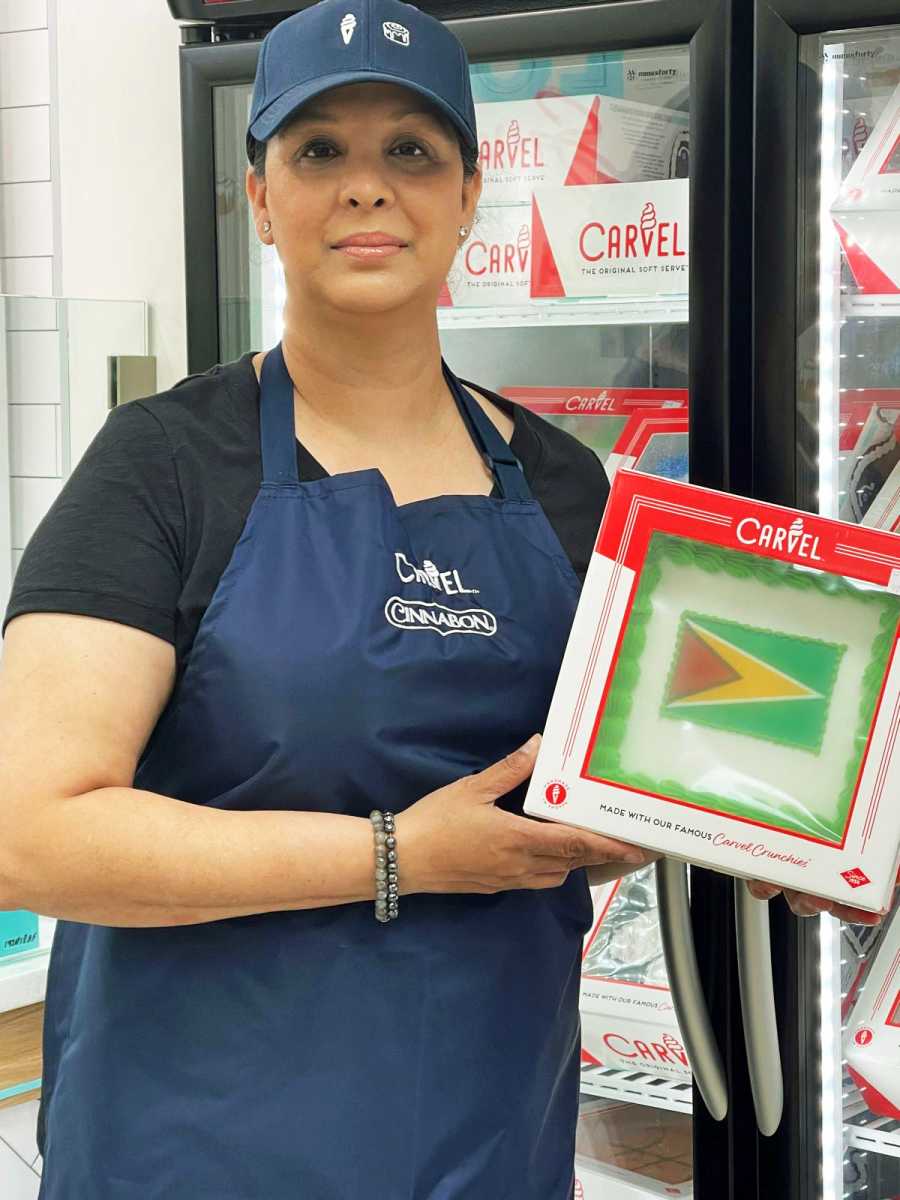Created by the state Office of Children and Family Services in 2006, the state Kinship Caregiver Program was meant to provide vital funding and services to grandparents and other familial caregivers who find themselves tasked with raising young children. It is supposed to help children stay in loving environments by maintaining a sense of stability and the familiar and preventing them from entering foster care.
Now, this program is under attack. Gov. Andrew Cuomo, in an effort to trim fat from the state budget, has cut funding for the program by more than 80 percent, down to $500,000 from $2.7 million in 2009. The effect has been immediate and devastating for grandparents and other loved ones trying to raise children who might otherwise have ended up in the state’s foster care system.
Few institutions suffer worse from a faltering economy than the institution of the family. Desperate parents may find themselves out of work, working longer hours, searching across state lines for jobs and succumbing to the pressures of long-term unemployment with all the associated burdens and hardships. The difficulties can tear families apart, causing added pressure and undue trauma on the most vulnerable segment of our society: our children.
All too often, other relatives must step in. Grandparents, aunts, uncles — even close family friends — can become foster parents for children whose own parents, for whatever reason, cannot handle the stress of parenthood at this moment in their lives.
That is where the Kinship Caregiver Program is meant to provide help.
Since the turn of the century, the number of children raised by family members other than their birth parents has grown to almost 8 million, with almost 200,000 in New York state. Almost everyone can think of someone raised by a grandparent or who lived long-term with an aunt or uncle while their own parents sorted through any number of personal difficulties — from unemployment to mental illness, incarceration, economic hardship, divorce or domestic violence.
The Kinship Caregiver Program is not a catch-all, and children still do not receive all the service they need in the form of health care, education assistance or after-school programming. Nonetheless, the program goes a long way toward helping families in kinship arrangements make ends meet and keeping a sense of family unit for children whose lives have been torn apart.
Studies have shown the benefits children derive when raised by family members rather than the foster system. Children raised by grandparents or other relatives have fewer health issues and behavioral problems and derive the benefits of full-time caregivers who have a direct and personal bond with the child. Children themselves report higher satisfaction and happiness in kinship families than in foster care.
Kinship Caregiver programs help house kids in loving homes in better circumstances than foster care at an exponentially lower cost to the taxpayers. It is estimated that there are at least 20 children in kinship care for every child in the foster care system. Each foster care child costs the state approximately $22,000 per year, whereas kinship programs cost less than $500 per year as family members help facilitate the bulk of the cost of providing care.
New York state’s foster care program supports 22,000 kids at an annual cost of $3 billion a year; by contrast, more than 200,000 of New York children are raised in kinship families.
Before issuing these cuts to the Kinship Caregiver Program, Cuomo heard from advocates who requested a mere $1.3 million to continue the Kinship program. Can there be any doubt that children are better off when raised by people who love them?
In difficult economic times, it is right and proper that we seek to tighten our fiscal belt to prevent calamity, but never should we seek to balance our budget on the backs of children. For a mere $500 a year, we can keep these children in loving homes, in safe conditions and away from danger.
James Sanders
City Councilman
(D-Laurelton)




































